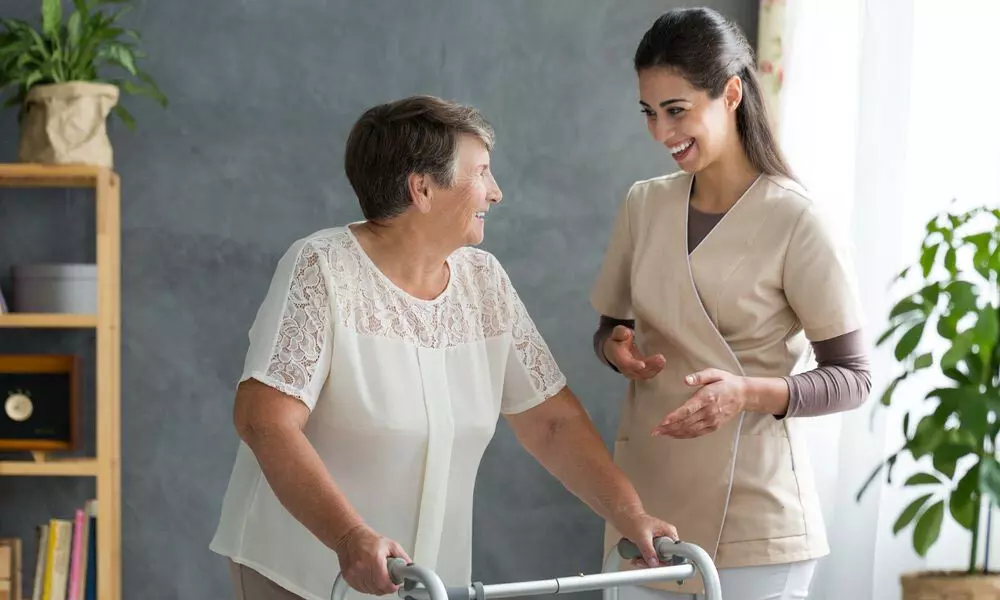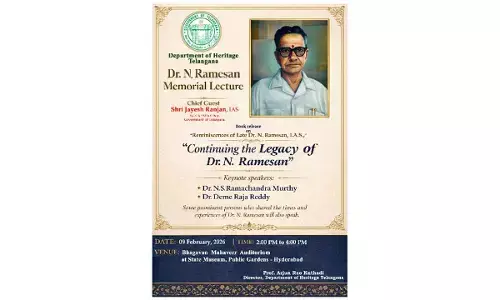Parkinson's disease- a movement disorder

There is no cure for the disease but following the guidelines and undergoing the treatment suggested by an expert can help control the condition while maintaining the quality of life
Parkinson's disease is a chronic degenerative disorder of the central nervous system which affects the mobility and locomotion of an individual. This movement disorder occurs due to progressive damage of dopamine-generating cells of the substantia nigra, a structure located in the midbrain playing an important role in body movements.
According to NCBI, "Parkinson's disease (PD) affects 1-2 per 1000 of the population. The prevalence of the disease is increasing with age and the condition affects 1 per cent of the population above 60 years." Furthermore, the report also states that men are 1.5 times more likely to have Parkinson's than women.
While the condition is prevalent in the elder population, people can be diagnosed to have early-onset Parkinson's before the age of 40 years.
What are the symptoms?
The signs and symptoms of Parkinson's disease are often the same, regardless of the age. Early signs like a tremor, or shaking of hands/fingers may be mild and barely noticeable. Additional symptoms like slowed movement, impaired posture and balance, rigid muscles, difficulty in talking and writing may become prominent in the later stages.
What causes Parkinson Disease?
The causes of Parkinson disease are still unclear, but certain factors like genetics, environmental or even a combination of both, are known to be linked to the disease. Moreover, the condition commonly occurs when there is a loss of structure or function of neurons that produce dopamine in the brain. Reduction in dopamine levels can cause abnormal brain activity, thus leading to symptoms of Parkinson's disease.
What are the complications faced by an individual with Parkinson Disease?
Parkinson disease is usually accompanied by additional complications like depression, difficulty in thinking and remembering, eating problems, sleep deprivation, falls and problems associated with the bladder. Some of the individuals may also experience a change in blood pressure, fatigue, smell dysfunction, and sexual dysfunction.
What are the treatments for Parkinson Disease?
There is no cure for the disease but following the guidelines and undergoing the treatment suggested by an expert can help control the condition while maintaining the quality of life.
Common treatment like supportive therapies - physiotherapy, occupational therapy, speech and language therapy can help control the condition. In all cases, medication is advisable as they can help alleviate symptoms like tremor, rigidity, stiffness and slowed movement. Additionally, dietary changes can help improve a few symptoms in individuals having the disease. Changes like, increasing the amount of fiber in the diet, eating small and frequent meals can also contribute to controlling the condition. In a few patients with postural fall of blood pressure, drinking more fluids and increasing the amount of salt in the diet can be helpful. Certain patients will benefit from surgery which may be in the form of lesioning or deep brain stimulation. While there is no cure or prevention for this disease, individuals must ensure that they regularly consult a medical professional and undergo treatments suggested by the doctor to control the symptoms.
(The writer us a Consultant , Neurology, Fortis Hospital, Bannerghatta Road)














